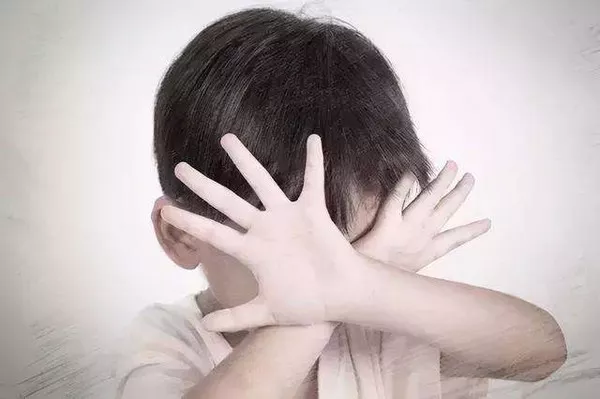Bipolar disorder is a mental health condition characterized by extreme mood swings, from manic highs to depressive lows. While its exact causes are still being researched, it is widely understood that a combination of genetic, biological, and environmental factors contribute to its development. One intriguing area of exploration is the potential connection between trauma and bipolar disorder.
Understanding Bipolar Disorder
Bipolar disorder, previously known as manic-depressive illness, is a chronic mental health condition that affects millions of individuals worldwide. It involves distinct periods of mania and depression, which can significantly impact a person’s daily life, relationships, and overall well-being. Manic episodes are characterized by heightened energy levels, impulsivity, and grandiosity, while depressive episodes involve feelings of sadness, hopelessness, and a lack of interest in previously enjoyed activities.
Trauma and Its Impact on Mental Health
Trauma refers to distressing experiences that overwhelm an individual’s ability to cope, leaving them with emotional, psychological, and sometimes physical scars. Trauma can arise from various sources, including physical or emotional abuse, accidents, natural disasters, or witnessing violence. Post-traumatic stress disorder (PTSD) is a well-recognized mental health condition that can stem from experiencing or witnessing a traumatic event.
The Connection Between Trauma and Bipolar Disorder
The relationship between trauma and bipolar disorder is complex and multifaceted. While trauma is not a direct cause of bipolar disorder, there is evidence to suggest that traumatic experiences may increase the risk of developing the condition or exacerbate its symptoms in individuals who are already predisposed to it due to genetic or biological factors.
1. Triggering Bipolar Episodes: Traumatic experiences may serve as triggers for bipolar episodes. Stressors such as trauma can disrupt an individual’s emotional balance and potentially lead to the onset of a manic or depressive episode.
2. Shared Vulnerabilities: Both trauma and bipolar disorder share common risk factors, including genetic predisposition and alterations in brain structure and function. It is possible that these shared vulnerabilities could contribute to the interaction between the two.
3. Trauma and Bipolar Symptoms: Some research suggests that trauma may impact the presentation and severity of bipolar symptoms. Individuals with a history of trauma may experience more frequent and intense mood swings, as well as an increased risk of rapid cycling between manic and depressive episodes.
4. Role of Neurobiology: Trauma can alter the brain’s stress response systems and neurotransmitter activity, which could potentially impact the development and progression of bipolar disorder. The intricate interplay between trauma-induced changes in the brain and the underlying neurobiology of bipolar disorder remains an area of ongoing investigation.
Treatment Considerations
Addressing the potential link between trauma and bipolar disorder requires a comprehensive and individualized approach. When trauma is identified as a factor, mental health professionals often incorporate trauma-informed therapies into the treatment plan. These therapies aim to help individuals process and heal from traumatic experiences, reducing their impact on overall mental well-being.
1. Trauma-Informed Therapies: Therapeutic approaches such as Cognitive Behavioral Therapy (CBT), Eye Movement Desensitization and Reprocessing (EMDR), and Dialectical Behavior Therapy (DBT) can be beneficial in addressing trauma-related symptoms and their potential impact on bipolar disorder.
2. Medication Management: For individuals with bipolar disorder, medication remains a cornerstone of treatment. Medications can help stabilize mood swings and manage symptoms, but they are not specifically designed to address trauma-related issues.
3. Integrated Treatment: An integrated approach that combines trauma-focused therapies with bipolar disorder treatment strategies may be effective in addressing both aspects of an individual’s mental health.
Conclusion
While the relationship between trauma and bipolar disorder is complex and not fully understood, there is growing recognition of the potential impact traumatic experiences can have on the development and course of bipolar disorder. Trauma is not a direct cause of bipolar disorder, but it can interact with genetic, biological, and environmental factors to contribute to the condition’s complexity. As research in this area continues to evolve, mental health professionals are better equipped to provide holistic and effective treatment for individuals facing the challenges of both trauma and bipolar disorder.
Related topics:




























